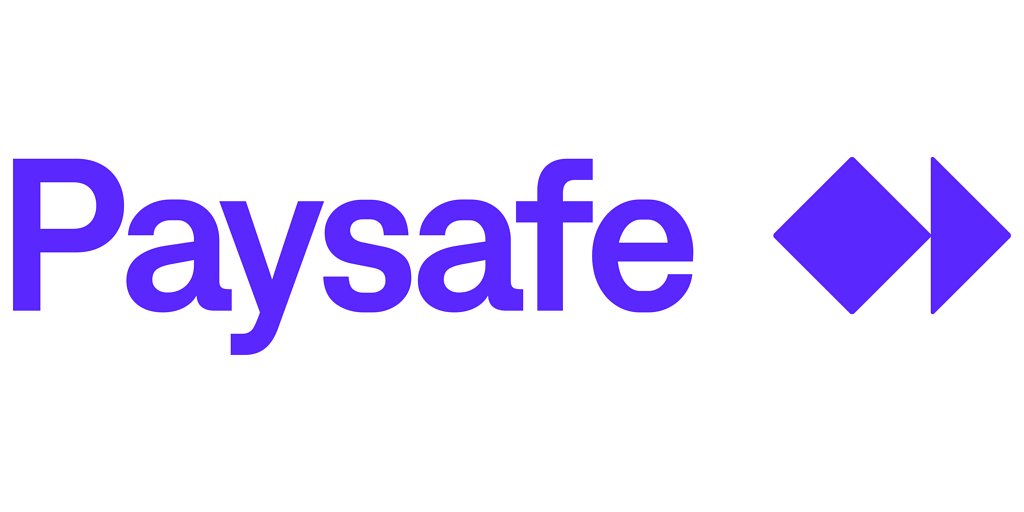
Experience Economy Gains Momentum: Holiday Spending Shifts Beyond Physical Gifts
New data reveals a significant rise in experiential spending this holiday season, as consumers prioritize travel, entertainment, and unique moments over traditional gifts. The shift impacts retailers and payment providers.
Experience Economy Gains Momentum: Holiday Spending Shifts Beyond Physical Gifts
NEW YORK, NY – November 18, 2025
The Rise of Experiences Over Things
The holiday shopping season is undergoing a transformation. While gifts will always be part of the tradition, a growing number of consumers are increasingly prioritizing experiences – travel, concerts, dining, and other memorable events – over physical possessions. New research from Paysafe, along with broader industry analysis, paints a clear picture: the experience economy is not just a trend, but a fundamental shift in consumer values.
According to Paysafe’s ‘Inside the Wallet: Holiday Edition’ report, nearly half (49%) of consumers now prefer gifting experiences over physical items. This preference is particularly pronounced among younger generations, with 68% of Gen Z and 61% of Millennials leaning towards experiential gifts. The desire for unique, shareable moments is driving this change, fueled by the pervasive influence of social media and a broader cultural emphasis on personal fulfillment.
“People are seeking connection and meaning,” explains one retail analyst. “They want to create memories, not just accumulate things. This is a significant psychological shift that retailers need to understand and adapt to.”
Impact on Retail & Early Holiday Shopping
The shift towards experiences is having a ripple effect on retail strategies. Merchants are responding by expanding their offerings to include experience-based gifts, such as cooking classes, spa days, and adventure tours. Many are also packaging products with experiences – for example, offering a weekend getaway with the purchase of a high-end item. The focus is no longer solely on what you sell, but on the value you provide.
This year also sees a continuation of the trend toward early holiday shopping. Approximately 47% of consumers plan to start their holiday purchases earlier than usual, driven by a desire to secure the best deals and avoid potential shipping delays. Deloitte’s 2024 holiday retail survey found that 78% of consumers planned to participate in October and November promotional events, demonstrating a growing eagerness to get a head start on their holiday preparations. Retailers are capitalizing on this by launching early promotions and extending their holiday shopping windows. Total retail sales for the 2024 holiday season grew by 4% over 2023, reaching a record $994.1 billion, and analysts predict continued growth for the 2025 season.
The Payments Landscape: Flexibility & Security are Key
The changing shopping landscape is also reshaping the payments landscape. Consumers are demanding more flexible and secure payment options, and merchants who fail to provide them risk losing sales. Digital wallets are gaining significant traction, with approximately 57% of adults now using them, and digital wallet spending is projected to exceed $10 trillion globally in 2025.
“The pandemic accelerated the adoption of digital wallets,” notes a payments industry expert. “Consumers became accustomed to contactless payments, and they now expect the same level of convenience and security for all their purchases.”
Approximately 27% of consumers now prefer using digital wallets, and this preference is particularly strong among younger generations, with 79% of Gen Z and 67% of Millennials regularly using them. However, security remains a top concern, and nearly half (49%) of consumers report abandoning carts due to concerns about unavailable payment methods or security breaches. This underscores the importance of robust fraud prevention measures and transparent security protocols.
Furthermore, the demand for diverse payment options extends beyond digital wallets. Consumers increasingly expect to be able to pay using a variety of methods, including local payment schemes and buy now, pay later (BNPL) services. Merchants who can accommodate these preferences are better positioned to attract and retain customers.
Small businesses, in particular, can benefit from embracing flexible payment options. By offering a wider range of payment methods, they can expand their customer base and compete more effectively with larger retailers. The ability to accept a variety of payment types, coupled with secure transaction processing, can help small businesses build trust and loyalty with their customers.
Adapting to the New Consumer
The shift towards experiences and the demand for flexible payment options represent a fundamental transformation in consumer behavior. Retailers and payment providers who can adapt to these changes will be best positioned to thrive in the new landscape. This requires a deep understanding of evolving consumer values, a willingness to embrace innovation, and a commitment to providing secure, convenient, and personalized shopping experiences. Focusing on creating memorable moments, offering diverse payment options, and prioritizing security will be crucial for success in the years to come.
